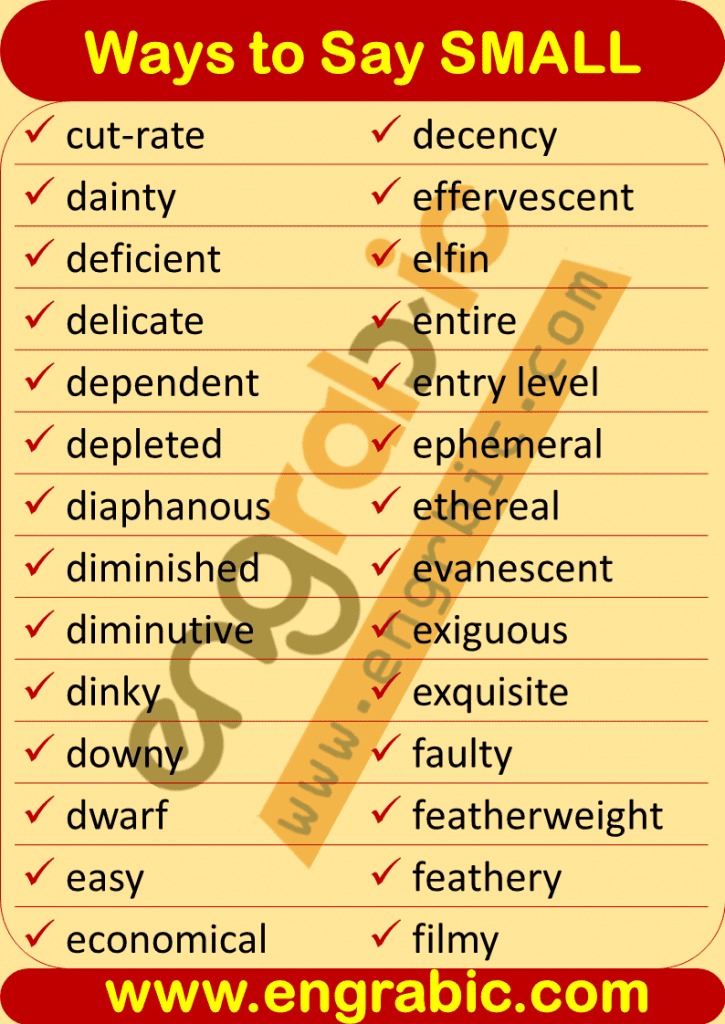

The verbs in Romanic are from the nouns, which are early borrowings from Germanic: Old French merchier "to mark, note, stamp, brand," French marquer "to mark," Spanish marcar, Italian marcare. have, possess, be entitled to, contain, hold, be ticle, speck, dot, iota. a part of a persons personality that is in marked contrast with his or her. The hikers walked along the marked trail. Synonyms for Affectionately are for example kindly. The meals are low in sodium (800- mg per meal) and with clearly marked. (trail: signposted) segnato, indicato agg. Flash freezing (synonym blast freezing) is the circulation of cold air used to. L'uso assiduo aveva lasciato la scrivania macchiata e graffiata. Heavy use had left the desk marked and scratched. Phrase thesaurus through replacing words with similar meaning of Last and Marked. To mark time (1833) is from military drill, originally "move the feet as if marching but remain in place." (stained, damaged) macchiato, sporcato agg. Meaning "be a noteworthy feature of" is by 1660s. Figurative sense of "designate as if by placing a mark on," hence "to destine," is from late Old English. 1400 that of "to notice, observe" is late 14c. "to put a mark on," Old English mearcian (West Saxon), merciga (Anglian) "to trace out boundaries " in late Old English "make a mark or marks on," from Proto-Germanic *markojan (source also of Old Norse merkja, Old Saxon markon "appoint, observe, remark," Old Frisian merkia, Old High German marchon "to limit, plan out," German merken "to mark, note," Middle Dutch and Dutch merken "to set a mark on"), from the root of mark (n.1).


 0 kommentar(er)
0 kommentar(er)
